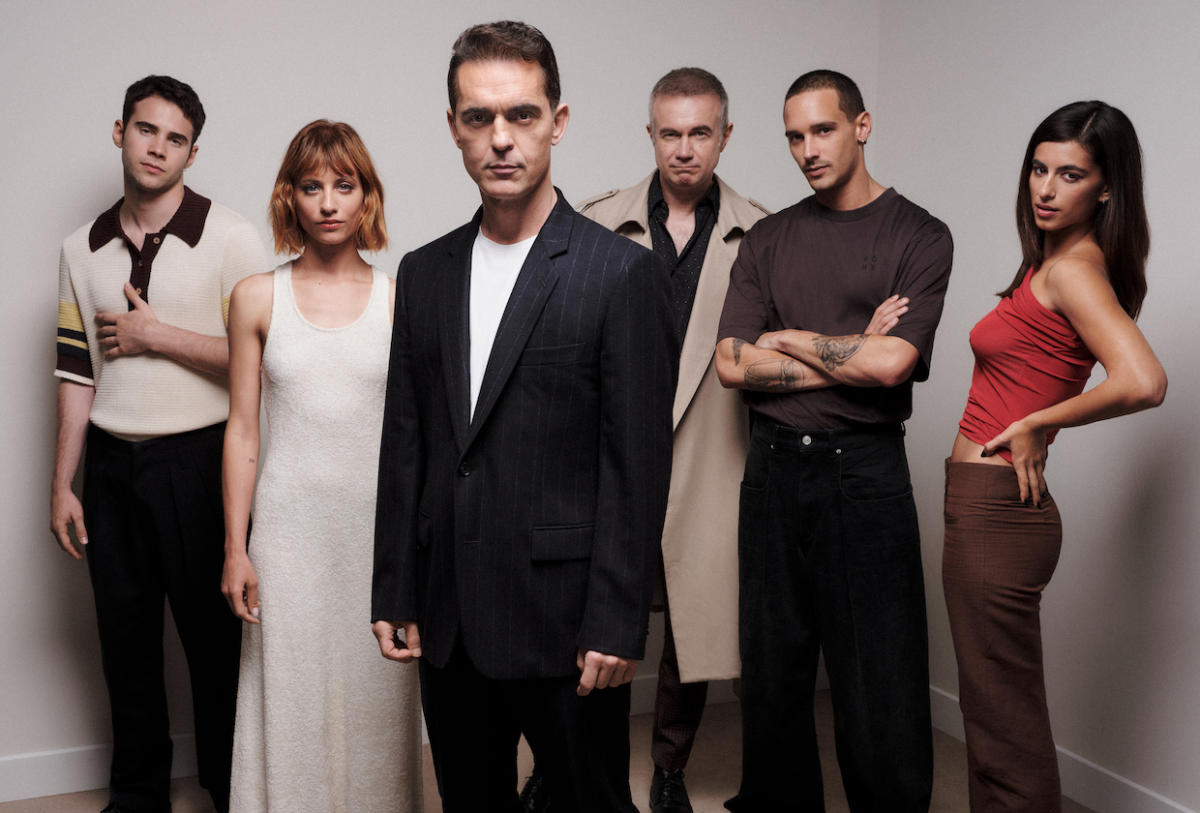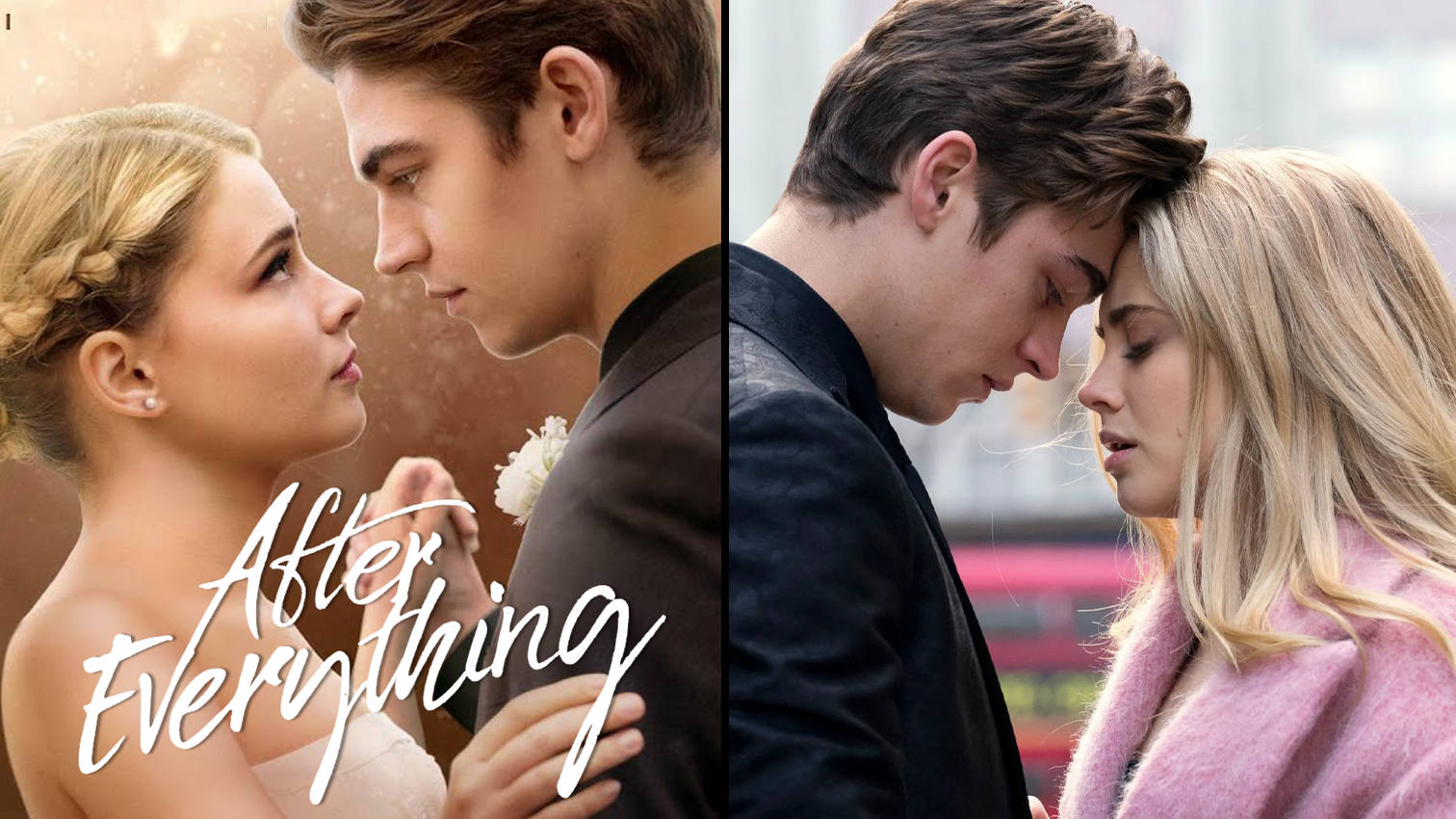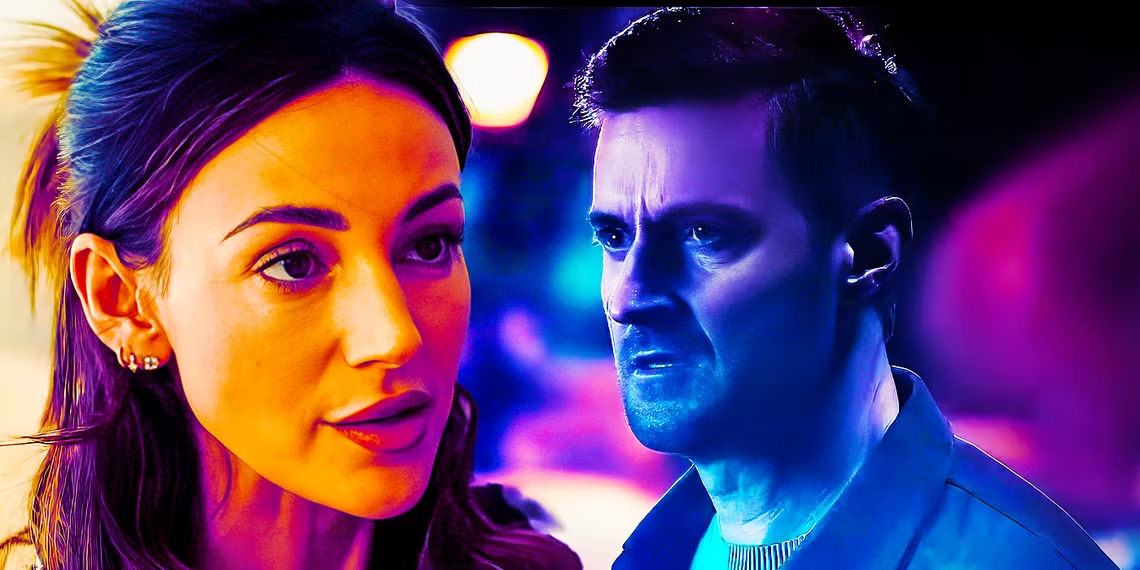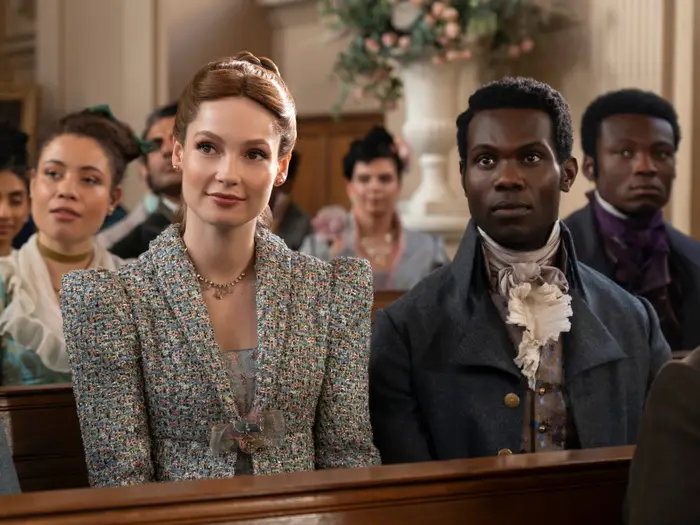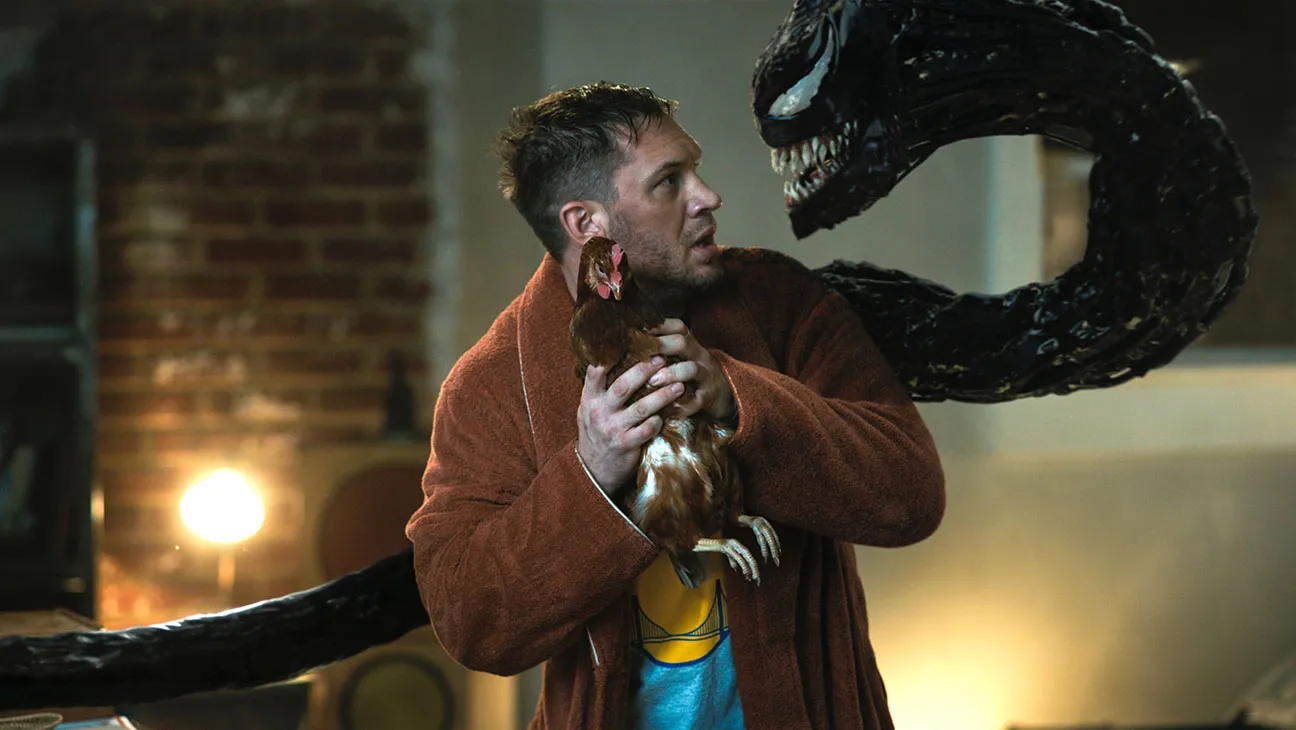NETFLIX DATING REALITY SHOWS AND WHAT LOVE MEANS
By Rashmi Goel
What is the nature of love? Do you think it's too hot to handle? Do you think it's about dating around? Netflix's Newest Dating Phenomenon Is A Social Experiment. How would you handle a long-term relationship with someone you loved, but who might not be ready to get married? Over the course of ten episodes, the 12 contestants on The Ultimatum embrace distorted notions of romance and bulldoze their relationships
It is not uncommon for people to mistake the official summation of The Ultimatum as the following: "Get hitched or call it quits? Couples put their love to the test - and live with their supposed ex-partners - in this provocative reality series." In essence, the show follows six couples experiencing a two-month experiment: they split up with each other and switch partners to determine if their initial partner is actually the right one for them - all the while sharing the same hotel room as their ex. As soon as each contestant picks a new partner from the lot, they begin a three-week trial marriage with that person, which involves sharing a home, going on dates, and becoming physically intimate. When the trial marriage is over after 21 days, they return to their original partners and are married again before they make a final decision. It is up to them either to propose to their original partners or dump them, then run away with the new connections that they obtained from their former partners. There is no need to worry if this sounds too good to be true, because it is both of these things. In addition to making sensational television - and that's a fact I cannot deny - it also results in great publicity. In This show, The Ultimatum, is essentially the spiritual successor of Netflix's dating reality show, Love is Blind, which argued that it was possible to fall in love with someone without having ever met them and also to think of marrying them within three weeks of meeting. In the vein of Love is Blind, The Ultimatum also fast-tracks the process of romance and, as a result, increases the margin for error in the making of decisions as a result. Nick Lachey and Valessa Lachey are also the hosts of both shows, who are becoming known as being the dating gurus of the modern era. However, we would also add that it's important to realize that the reason behind the overnight success of The Ultimatum hasn't only to do with our collective obsession with reality shows and voyeurism. The most prominent reason is the fact that the show does not portray love or romance as anything over and above something to be used for convenience, rather than as an expression of love. It is simultaneously a stroke of genius and a trainwreck that the idea for the show was hatched.  It's even more ridiculous that these six couples essentially give one another a pass to cheat with other potential matches and then get mad when their partners develop feelings for other people. For example, Jake and April. April, at 23 years old, is amply clear from the first second of the first minute of the show that she wants to get married and have a baby. On the other hand, Jake, who has been dating April for two years, never misses an opportunity to tell everyone how April forced him to appear on the show. It wouldn't have been hard for the 26-year-old to reject marriage either, which would have been reason enough for the pair to break up instead of agreeing to have their relationship troubles broadcast to the internet. The show is about a bunch of people who claim to be in love but who are actually masters of ignoring red flags. The premise of the show helps Jake form a new connection with Rae, which leads to epic showdowns between her and Jake, lots of tears, and ultimately heartbreak. The only exception to this rule is Rae, who gave an ultimatum to her 25-year-old boyfriend Zay - effectively asking him to marry her because she follows a strict fitness regimen, has a degree, cooks, cleans, and knows how to fuck. However, when Zay or the show asks Rae why she feels so strongly about this relationship, she has no answer. The eighth episode concludes with Rae's violent physical showdown with Zay, but it seems that Rae is more interested in exploring a future with Jake than working on the numerous issues she has with Zay. Additionally, the plot thickens when we meet two other 24-year-olds: Shanique, who refuses to talk to Randall, and Madlyn, whose cowboy hat-wearing boyfriend Colby demands that she give him her heart. When Madlyn meets Colby for the first time, she seems pretty annoyed - which anyone would feel if they were dating him. Madlyn is not only out-of-Colby's league, but he continues to prove to be the archetype of the overbearing, arrogant man who uses his niceness to justify his gaslighting ways throughout the entire episode. When Madlyn repeatedly forgives Colby for his actions, it's utterly frustrating to watch. She probably should have just run far, far away from him instead. Nevertheless, this isn't reality, it's the Ultimatum, so Madlyn and Colby must have ended up together. Shanique treats Randall like a mini-Colby of her own, frequently treating him as an app that can read her mind. The two are in love, so all their mistakes are forgiven! Alexis and Hunter and Nate and Lauren emerge relatively unscathed from the show's social experiment despite the absurd premise. Hunter and Nate decide to propose marriage to each other instead of choosing a new partner for themselves on the night they have to choose one. Certainly, if their relationships did not seem so volatile, it would be a happy ending. Nate, for instance, wants babies, and Lauren does not - both are reluctant to change their minds, but Nate is pretty good at making Lauren think she wants to change her mind. In spite of this, they believe it's a great idea to compromise and be together, even if it's at the risk of resentment for the rest of their lives. Could this be love? The makers of The Ultimatum want viewers to ask themselves this question as they watch the series. Can anyone become the "one" for you if they really wanted to? Is there really a "one" for someone or is it determined by their intention?
It's even more ridiculous that these six couples essentially give one another a pass to cheat with other potential matches and then get mad when their partners develop feelings for other people. For example, Jake and April. April, at 23 years old, is amply clear from the first second of the first minute of the show that she wants to get married and have a baby. On the other hand, Jake, who has been dating April for two years, never misses an opportunity to tell everyone how April forced him to appear on the show. It wouldn't have been hard for the 26-year-old to reject marriage either, which would have been reason enough for the pair to break up instead of agreeing to have their relationship troubles broadcast to the internet. The show is about a bunch of people who claim to be in love but who are actually masters of ignoring red flags. The premise of the show helps Jake form a new connection with Rae, which leads to epic showdowns between her and Jake, lots of tears, and ultimately heartbreak. The only exception to this rule is Rae, who gave an ultimatum to her 25-year-old boyfriend Zay - effectively asking him to marry her because she follows a strict fitness regimen, has a degree, cooks, cleans, and knows how to fuck. However, when Zay or the show asks Rae why she feels so strongly about this relationship, she has no answer. The eighth episode concludes with Rae's violent physical showdown with Zay, but it seems that Rae is more interested in exploring a future with Jake than working on the numerous issues she has with Zay. Additionally, the plot thickens when we meet two other 24-year-olds: Shanique, who refuses to talk to Randall, and Madlyn, whose cowboy hat-wearing boyfriend Colby demands that she give him her heart. When Madlyn meets Colby for the first time, she seems pretty annoyed - which anyone would feel if they were dating him. Madlyn is not only out-of-Colby's league, but he continues to prove to be the archetype of the overbearing, arrogant man who uses his niceness to justify his gaslighting ways throughout the entire episode. When Madlyn repeatedly forgives Colby for his actions, it's utterly frustrating to watch. She probably should have just run far, far away from him instead. Nevertheless, this isn't reality, it's the Ultimatum, so Madlyn and Colby must have ended up together. Shanique treats Randall like a mini-Colby of her own, frequently treating him as an app that can read her mind. The two are in love, so all their mistakes are forgiven! Alexis and Hunter and Nate and Lauren emerge relatively unscathed from the show's social experiment despite the absurd premise. Hunter and Nate decide to propose marriage to each other instead of choosing a new partner for themselves on the night they have to choose one. Certainly, if their relationships did not seem so volatile, it would be a happy ending. Nate, for instance, wants babies, and Lauren does not - both are reluctant to change their minds, but Nate is pretty good at making Lauren think she wants to change her mind. In spite of this, they believe it's a great idea to compromise and be together, even if it's at the risk of resentment for the rest of their lives. Could this be love? The makers of The Ultimatum want viewers to ask themselves this question as they watch the series. Can anyone become the "one" for you if they really wanted to? Is there really a "one" for someone or is it determined by their intention?

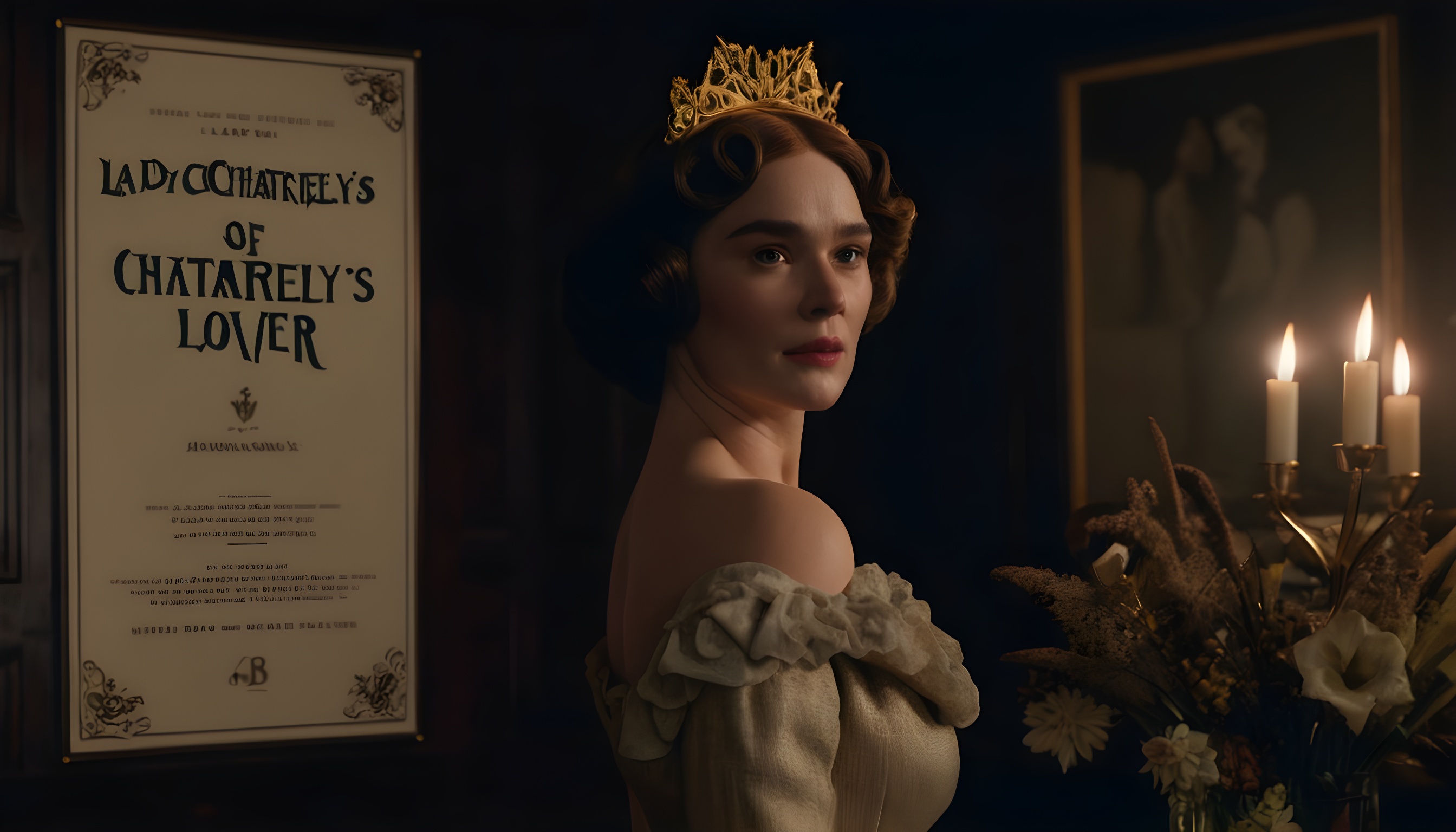
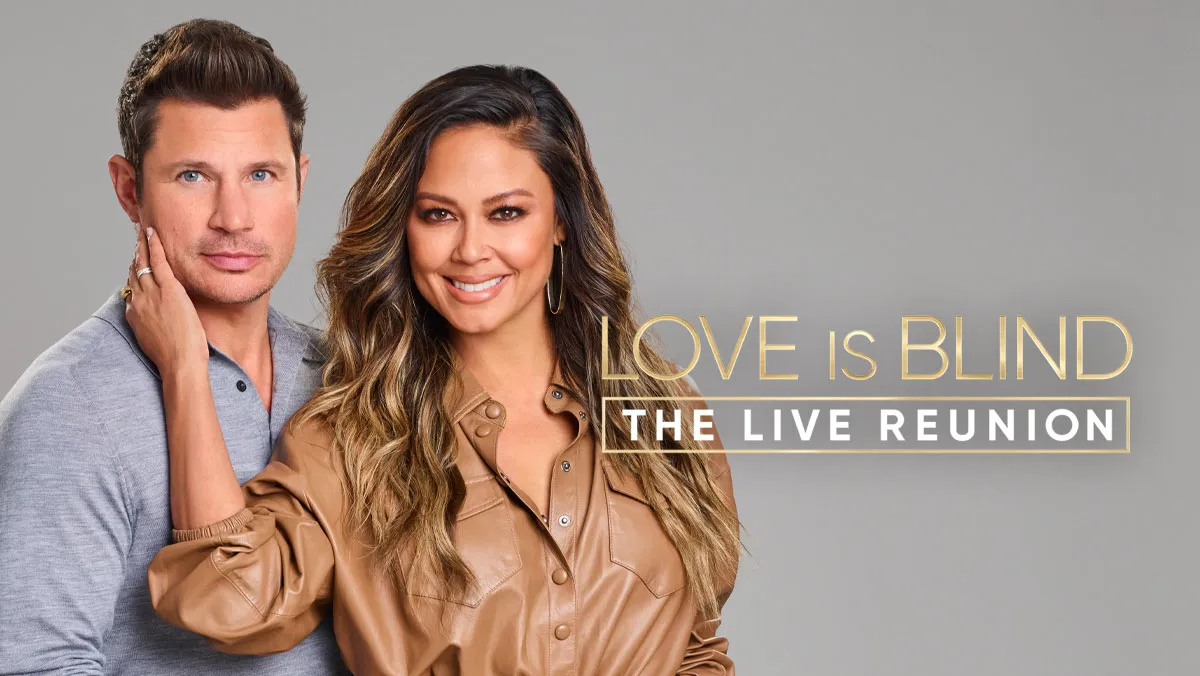
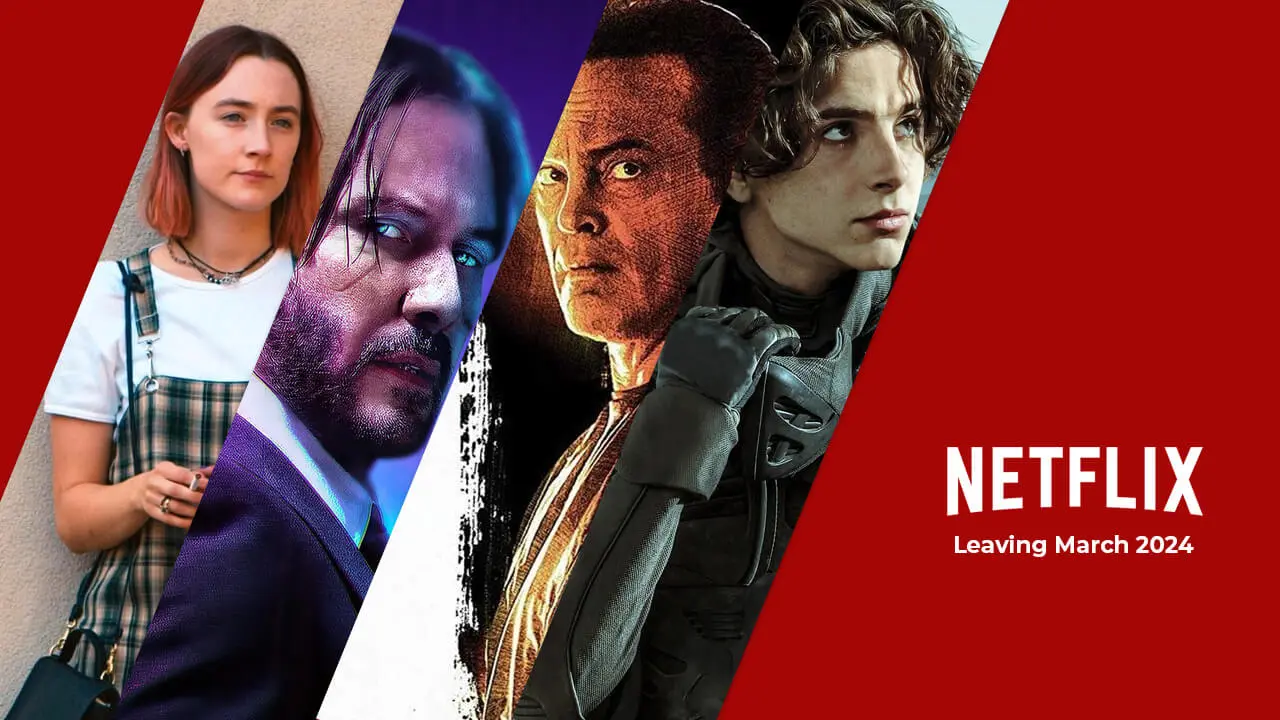
.jpg)

